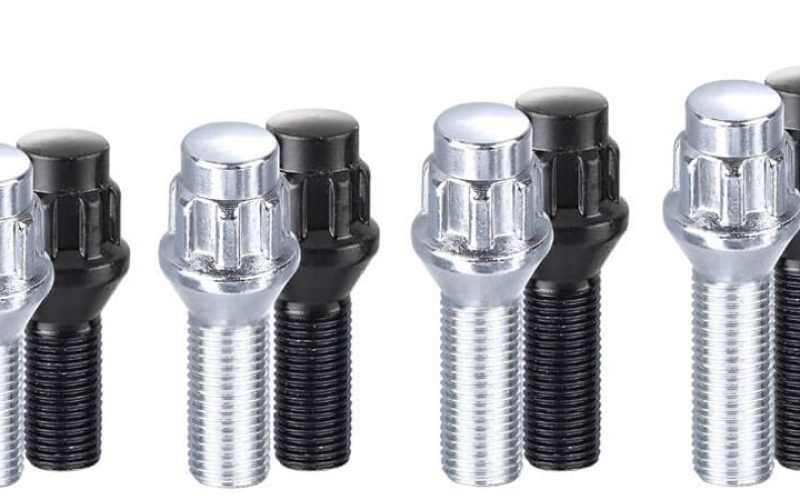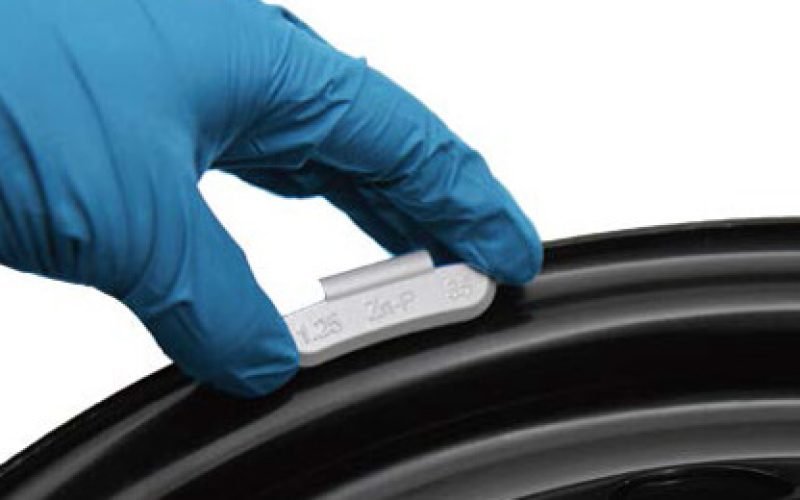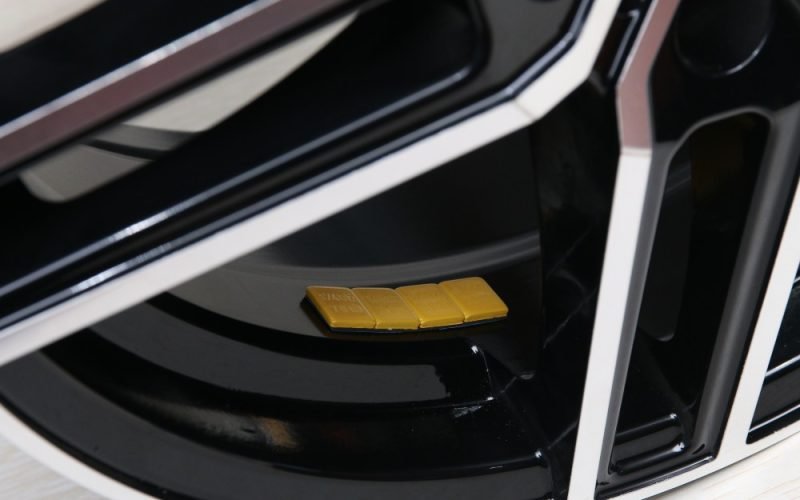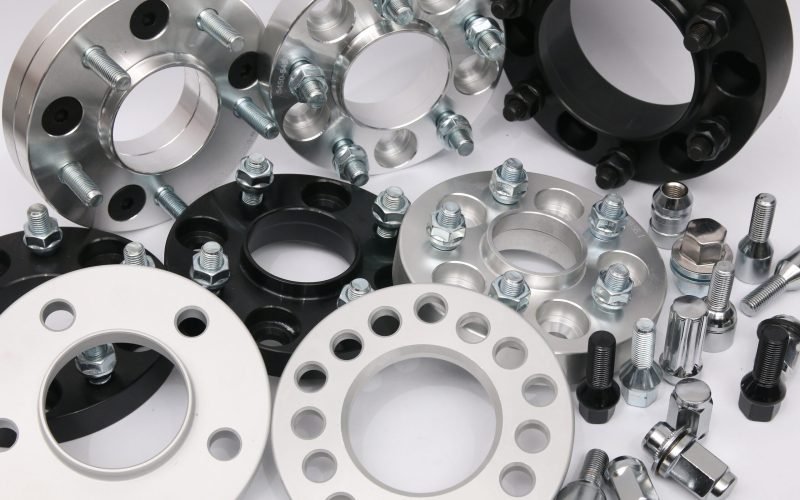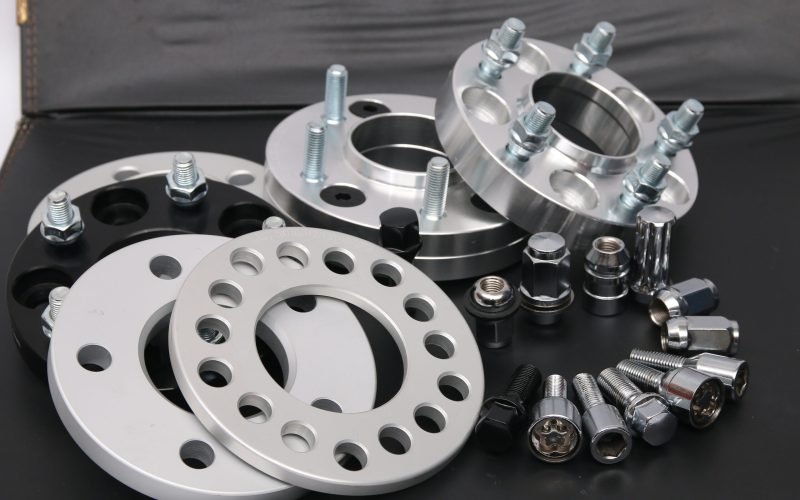

admin1
May 5, 2025
Eco-Friendly Weights for Wheels Selection Guide
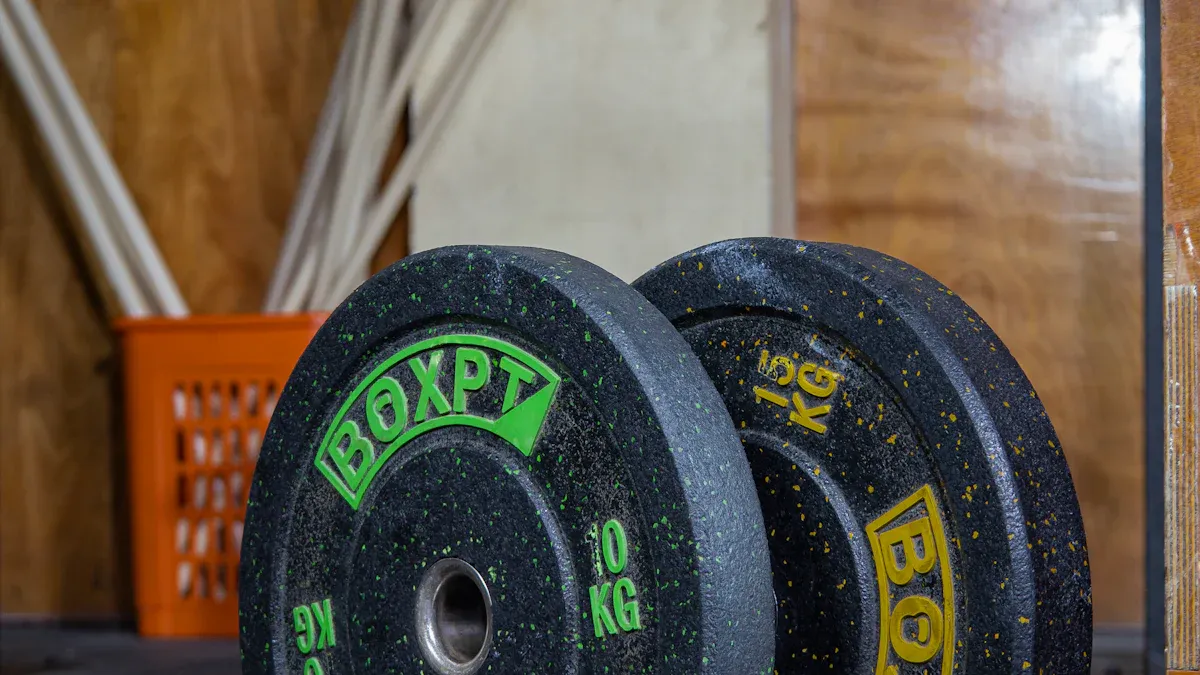
Choosing eco-friendly weights for wheels is one of the simplest ways to contribute to a healthier planet. Lead wheel weights, widely used for decades, pose serious environmental risks. Every year, approximately 70,000 tons of lead are used globally in wheel weight production. Over 2,000 tons of these weights fall onto U.S. roadways annually, contaminating soil and water. Each vehicle typically carries 7 to 9 ounces of lead in its wheel weights, adding to the problem. Sustainable alternatives—like lead-free, steel, and zinc weights—offer safer solutions. These materials reduce pollution and support eco-friendly practices while maintaining reliable performance.
Understanding Wheel Weight Materials
What Are Lead-Free Wheel Weights
Lead-free wheel weights are an eco-friendly alternative to traditional lead-based weights. These weights are designed to reduce environmental harm while maintaining the performance you expect. Many states have banned lead wheel weights due to their toxic nature and the risks they pose to soil and water. Lead-free options, such as steel and zinc, comply with environmental standards and offer a safer solution for balancing your wheels.
Industry standards, including those set by the National Highway Traffic Safety Administration and the Society of Automotive Engineers, guide the production of lead-free wheel weights. These standards ensure that the weights meet specific requirements, such as rolling resistance coefficients and quality control measures. By choosing lead-free weights, you contribute to a cleaner environment without compromising on quality or performance.
Characteristics of Steel Wheel Weights
Steel wheel weights are a popular choice due to their durability and sustainability. These weights are made from carbon steel, which provides high resistance to bending and cracking. The manufacturing process for steel weights is straightforward, involving stamping, which is both efficient and cost-effective. This simplicity makes steel weights an affordable option for many drivers.
Steel weights also stand out for their environmental benefits. They are less toxic than lead and zinc and can often be made from recycled materials, enhancing their sustainability. Additionally, their recyclability reduces waste, making them a responsible choice for eco-conscious consumers. Here’s a quick comparison of steel wheel weights with alloy wheels:
| Aspect | Steel Wheels | Alloy Wheels |
|---|---|---|
| Material | Carbon Steel | Various Alloys |
| Manufacturing Process | Stamping (simpler and faster) | More complex processes |
| Durability | High resistance to bending/cracking | Lower resistance |
| Cost | Generally lower | Generally higher |
| Repairability | Easier and cheaper to repair | More difficult and expensive |
By opting for steel wheel weights, you not only save money but also make a choice that aligns with sustainable practices.
Benefits of Zinc Wheel Weights
Zinc wheel weights offer a balance between performance and environmental responsibility. These weights are less toxic than lead and meet modern environmental standards. Their corrosion resistance ensures they remain effective over time, even in harsh conditions. Zinc weights are also easy to install, often featuring adhesive backing that simplifies the process.
While zinc weights are widely used, they do come with some environmental concerns. For instance, their impact on wildlife toxicity has raised questions about their long-term sustainability. However, when compared to traditional lead weights, zinc offers significant advantages. Here’s a comparison to highlight these benefits:
| Benefit | Zinc Wheel Weights | Traditional Materials (e.g., Lead) |
|---|---|---|
| Environmental Impact | Less toxic, meets environmental standards | Higher toxicity, subject to regulations |
| Durability | Corrosion resistant, maintains effectiveness over time | Prone to corrosion and deterioration |
| Installation | Adhesive backing for easy installation | May require additional tools |
Choosing zinc wheel weights allows you to enjoy reliable performance while reducing your environmental footprint. They serve as a practical and eco-friendly alternative to traditional materials.
Environmental Impact of Wheel Weight Materials
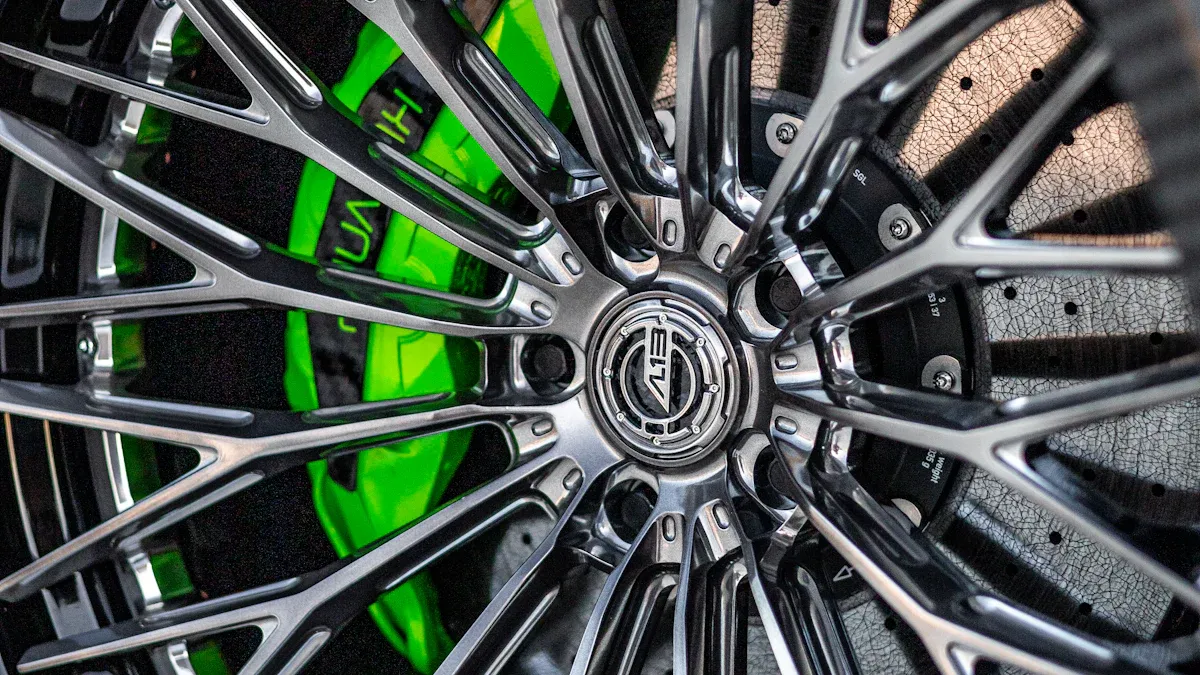
Why Lead-Free Options Are Better for the Environment
Lead wheel weights have long been a staple in the automotive industry, but their environmental impact is alarming. When lead weights fall off vehicles, they contaminate soil and water. This pollution poses risks to ecosystems and human health. Lead-free alternatives, such as steel and zinc, offer a safer solution. These materials reduce the toxic effects associated with lead, helping you protect the environment.
Lifecycle analyses highlight the benefits of switching to sustainable options. These studies evaluate the environmental impact of materials from extraction to disposal. They help manufacturers identify areas for improvement, such as reducing emissions during production. By choosing lead-free weights, you contribute to a cleaner planet while supporting informed decision-making in the industry.
| Aspect | Description |
|---|---|
| Comprehensive Evaluation | Lifecycle analyses assess environmental impacts from raw material extraction to disposal. |
| Identification of Areas | They help companies pinpoint improvement areas in processes and products. |
| Informed Decision Making | Companies can make decisions that lead to reduced environmental impacts, such as lower emissions. |
Switching to lead-free weights for wheels is a simple yet impactful way to reduce pollution and promote sustainability.
Recyclability of Steel Wheel Weights
Steel wheel weights stand out for their recyclability, making them an eco-friendly choice. Recycling steel consumes significantly less energy compared to producing it from raw materials. This process lowers greenhouse gas emissions and conserves resources. Over 70 million tons of steel scrap are recycled annually in North America, reducing landfill waste and preserving natural habitats.
- Recycling steel uses 74% less energy than producing it from raw materials.
- Over 70 million tons of steel scrap are recycled annually in North America, conserving landfill space.
- Using recycled steel minimizes the need for mining iron ore and coal, reducing landscape disruption and habitat destruction.
Steel weights also align with sustainable practices by reducing the demand for virgin materials. Their recyclability ensures that fewer resources are wasted, making them a responsible choice for environmentally conscious drivers.
Environmental Pros and Cons of Zinc Wheel Weights
Zinc wheel weights offer a middle ground between performance and environmental responsibility. They are less toxic than lead and meet modern environmental standards. However, zinc weights have some drawbacks. Their larger size on wheels, due to lower density, can affect aesthetics. Additionally, zinc recycling programs are not widely available, raising concerns about long-term sustainability.
Comparative analyses provide a clearer picture of zinc’s environmental impact:
- Lead: Highly toxic, contaminates water sources, banned in several states due to health hazards.
- Zinc: Less dense than lead, larger size on wheels, currently under review for environmental impact, no recycling programs available.
- Steel: Highest density among alternatives, no known environmental or health issues, becoming the industry standard for safety.
While zinc weights reduce toxicity compared to lead, steel remains the most sustainable option due to its recyclability and minimal environmental risks. Choosing zinc weights can still be a step toward eco-friendly practices, especially when lead is no longer an option.
Performance and Durability of Weights for Wheels
Comparing Durability Across Materials
When selecting weights for wheels, durability plays a crucial role in ensuring long-term performance. Different materials offer varying levels of strength and resistance to wear. Steel weights, for instance, are known for their exceptional durability. They resist bending and cracking even under heavy loads. Zinc weights, while slightly less durable than steel, still provide reliable performance in most conditions. Lead-free composite materials, on the other hand, often balance durability with environmental benefits.
To better understand how these materials perform, manufacturers conduct rigorous tests. These include pull-force measurements, wear and tear simulations, and material analysis. Here’s a breakdown of common testing methods:
| Testing Method | Description |
|---|---|
| Pull-force Measurement | Measures the force needed to dislodge weights from wheels under stress. |
| Wear and Tear Tests | Simulates extended use to evaluate resistance to abrasion and deformation. |
| Material Analysis | Assesses strength, flexibility, and overall wear resistance. |
These tests ensure that the weights you choose can withstand real-world conditions, providing both reliability and value.
Corrosion Resistance in Steel and Zinc Weights
Corrosion resistance is another critical factor to consider. Steel weights excel in this area when coated with protective layers, such as zinc or powder coatings. These coatings shield the steel from moisture and road salt, which are common causes of rust. Zinc weights naturally resist corrosion due to their chemical properties, making them a dependable choice for regions with harsh weather.
For added protection, manufacturers often use advanced inspection techniques, such as microscopy, to ensure the integrity of these coatings. This attention to detail helps extend the lifespan of the weights, reducing the need for frequent replacements. By choosing corrosion-resistant materials, you can maintain the performance of your wheels while minimizing maintenance costs.
Real-World Performance of Lead-Free Wheel Weights
Lead-free wheel weights have proven their effectiveness in real-world applications. They perform well across various terrains and driving conditions, from smooth highways to rugged off-road trails. User feedback highlights their ease of installation and consistent performance over time. These weights also meet strict safety and environmental standards, ensuring they deliver reliable results without compromising sustainability.
Mechanical tests further validate their performance. These tests assess how lead-free weights handle stress and load, with results often matching or exceeding theoretical predictions. Whether you’re driving in urban areas or challenging environments, lead-free weights provide a practical and eco-friendly solution for balancing your wheels.
Cost and Market Availability of Wheel Weight Materials
Price Comparison of Lead-Free, Steel, and Zinc Weights
When comparing the costs of lead-free, steel, and zinc weights for wheels, several factors come into play. Steel weights are often the most affordable option due to their straightforward manufacturing process and widespread availability. Zinc weights, while slightly more expensive, offer a balance between cost and performance. Lead-free composite materials, designed to meet strict environmental standards, tend to be the priciest.
The global market trends also influence pricing. In 2023, clip-on wheel weights held about 60% of the market share, while adhesive types accounted for 40%. Adhesive weights are gaining popularity because they are lightweight and easy to install. Passenger vehicles contributed 70% of total revenue, with commercial vehicles making up the remaining 30%. As demand for eco-friendly solutions grows, adhesive weights are expected to see the fastest price increase.
Availability of Eco-Friendly Wheel Weights in the Market
Eco-friendly wheel weights are becoming more accessible worldwide. Countries like China, Thailand, and Indonesia are leading the way in adopting sustainable practices. In China, strict environmental regulations and the rise of electric vehicles have accelerated the shift to lead-free adhesive weights. Thailand’s strong automotive production base and green manufacturing policies are driving demand for these products. Similarly, Indonesia and Vietnam are focusing on sustainability and pollution reduction, encouraging the use of zinc and steel weights.
In Malaysia, the automotive sector’s commitment to environmental sustainability has increased the demand for alternative materials. These trends show that eco-friendly weights are not only available but are also becoming the preferred choice in many regions.
Factors Influencing Cost Differences
Several factors contribute to the cost differences among lead-free, steel, and zinc wheel weights. These include raw material prices, regulatory compliance, and market dynamics. The table below highlights these factors:
| Factor | Description |
|---|---|
| Raw Material Price Fluctuations | Prices of materials like zinc and steel vary due to global demand and production constraints. |
| Regulatory Compliance | Environmental regulations have increased demand for lead-free alternatives, affecting costs. |
| Market Dynamics | Rising demand from the automotive sector and supply chain challenges have led to higher prices. |
Understanding these factors can help you make informed decisions when selecting weights for your wheels. By choosing eco-friendly options, you not only support sustainability but also align with global trends in the automotive industry.
Choosing the Right Weights for Wheels
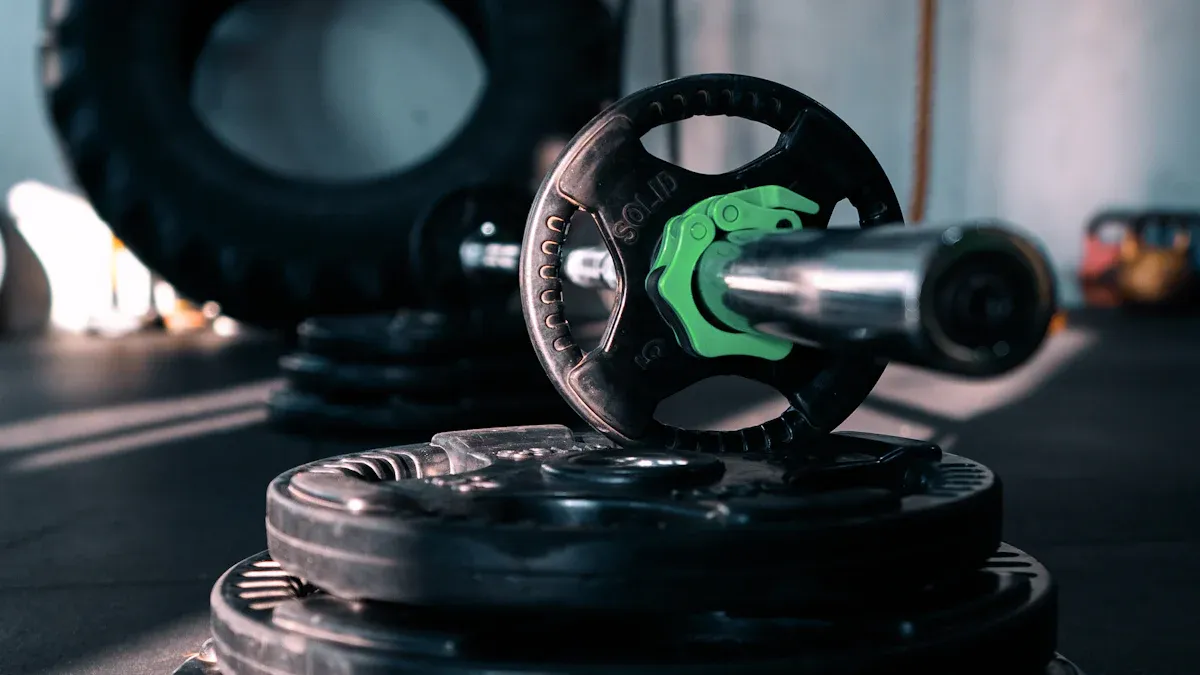
Matching Materials to Vehicle Type
Selecting the right weights for wheels depends on your vehicle type. Each material offers unique benefits that cater to specific needs. For instance:
- Steel Wheels: These are strong and affordable but heavier, which may slightly impact performance. They are ideal for trucks and heavy-duty vehicles.
- Aluminum Wheels: Lighter and more aesthetically pleasing, these are better suited for passenger cars and sports vehicles.
- Material Variants: Options like carbon fiber, magnesium, and titanium provide specialized properties. These materials are often used in high-performance or luxury vehicles.
Understanding your vehicle’s requirements helps you make an informed choice. For example, if you drive a heavy-duty truck, steel weights may offer the durability you need. On the other hand, aluminum or lighter materials can enhance fuel efficiency and handling for smaller cars.
Considering Driving Conditions and Usage
Your driving conditions and usage patterns play a significant role in choosing the right wheel weights. Properly balanced wheels improve stability, reduce vibrations, and enhance handling. This is especially important if you frequently drive on rough terrain or at high speeds.
Different materials perform better under specific conditions:
- Steel and zinc weights are more environmentally friendly than lead and provide excellent durability.
- Lighter materials reduce rolling resistance, improving fuel economy.
- Proper balancing can lower tire heat by 8% to 10%, extending tire life by up to 50%.
If you often drive in urban areas, lighter materials may suit your needs. For off-road or heavy-duty use, steel weights offer the strength and reliability required for challenging conditions.
Aligning Choices with Eco-Friendly Goals
Choosing eco-friendly weights for wheels aligns with broader environmental goals. Research shows that switching from lead to sustainable materials like zinc and steel can reduce environmental impact significantly. For example, zinc weights lower the environmental footprint by up to 40% compared to lead.
The automotive industry’s shift toward electric vehicles further emphasizes the need for lightweight, eco-friendly components. By selecting sustainable materials, you contribute to reducing pollution and supporting a greener future. Hand sorting wheel weights made from recyclable materials also ensures minimal waste, reinforcing your commitment to sustainability.
When you prioritize eco-friendly options, you not only protect the environment but also align with global trends in automotive innovation. This choice reflects a responsible approach to vehicle maintenance and environmental stewardship.
Choosing the right weights for wheels involves understanding the unique benefits of each material. Lead-free options prioritize environmental safety, steel offers unmatched durability and recyclability, and zinc balances performance with reduced toxicity. Sustainability plays a vital role in this decision. Studies on green manufacturing and Michelin’s eco-friendly innovations highlight how sustainable choices reduce environmental impact and improve efficiency. By selecting eco-friendly wheel weights, you contribute to a cleaner planet and align with global efforts toward responsible automotive practices. Make informed decisions that benefit both your vehicle and the environment.
FAQ
What are wheel weights used for?
Wheel weights balance your vehicle’s wheels. They prevent vibrations and improve handling by evenly distributing weight. Properly balanced wheels enhance driving comfort and extend tire life.
Are eco-friendly wheel weights as effective as traditional ones?
Yes, eco-friendly wheel weights perform just as well. They meet industry standards for durability and reliability. You can trust them to balance your wheels while reducing environmental harm.
How do I know which wheel weight material is best for my vehicle?
Consider your vehicle type and driving conditions. Steel weights suit heavy-duty vehicles, while zinc or lead-free options work well for passenger cars. Match the material to your needs for optimal performance.
Can I recycle old wheel weights?
Yes, steel and zinc wheel weights are recyclable. Recycling reduces waste and conserves resources. Check local recycling programs to ensure proper disposal.
Why should I switch to lead-free wheel weights?
Lead-free weights protect the environment. They reduce soil and water contamination caused by lead. Choosing sustainable materials supports eco-friendly practices and aligns with global environmental goals.
